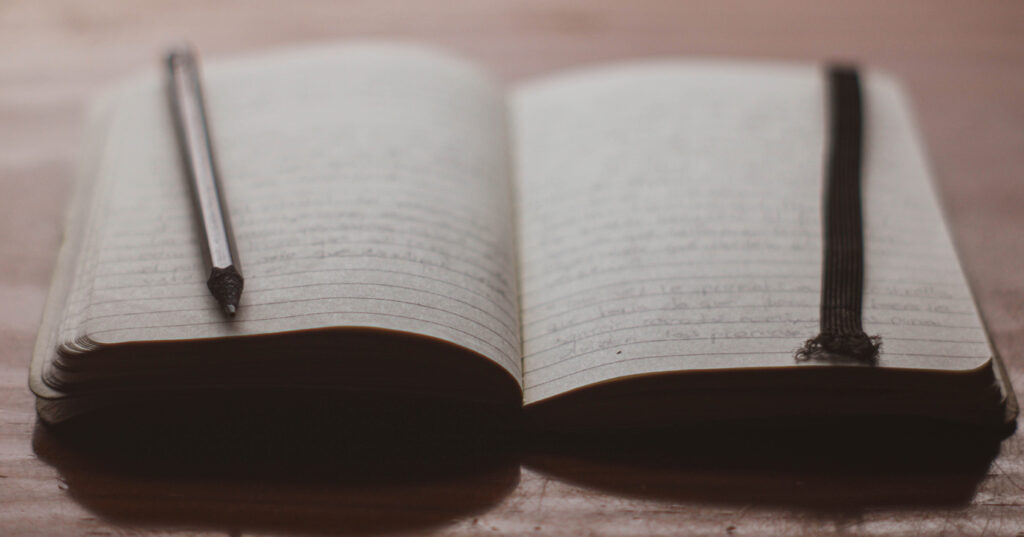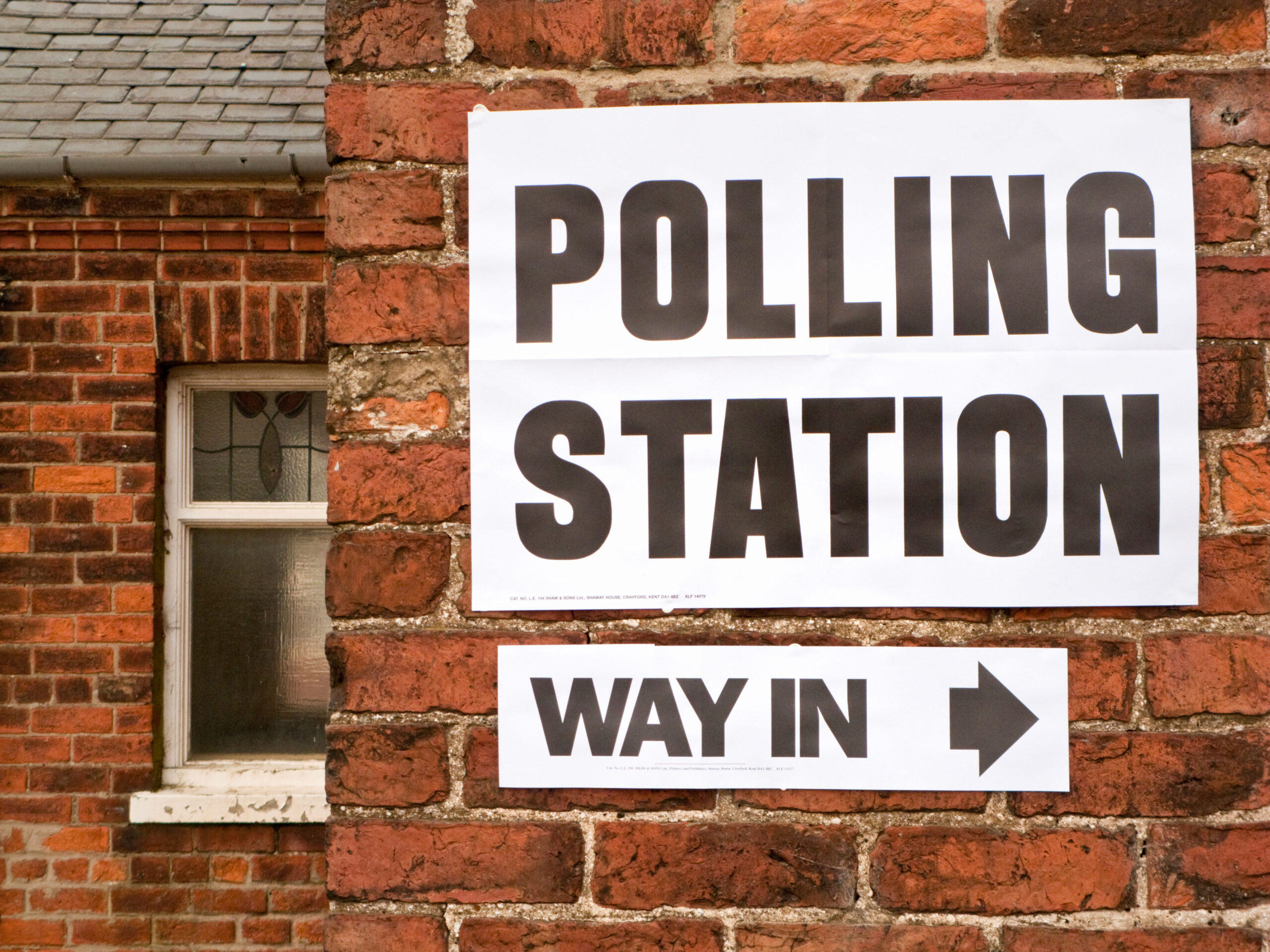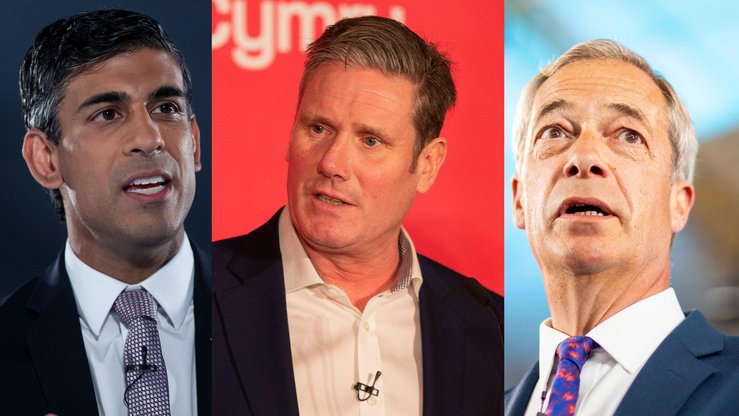
In many years of listening to voters in my political research, the same complaints come up again and again: politicians don’t listen, they always break their promises, that sort of thing. One such theme that used to be a regular but which we have not heard for a while, strangely enough, is “the parties are all the same”. You can certainly argue this is a good thing, in the sense that democracy ought to be about a real choice. On the other hand, it also means we have a principal Opposition party that seems intent on turning London into Caracas. It was heartening to hear Theresa May’s staunch defence of free market capitalism which, for all its imperfections, remains the most effective – indeed, the only – system for raising living standards and bringing a measure of prosperity to billions of people around the world. The surprising thing, considering where British politics was only a few years ago, was that it has to be done at all. As Mrs. Thatcher reflected in her memoirs, “in politics there are no final victories… arguments are never finally won.”
***
Political leaders always say that the election they are fighting is the most important for a generation, but the next time Britain goes to the polls it will probably be true. To Tories, it might sound ludicrous or terrifying to hear Jeremy Corbyn declare his Labour Party is a government-in-waiting, but it’s also a fact: this is the opposition that will fight the next election and it is not impossible that they could win. That might not be a very cheery note on which to arrive at a Conservative Party Conference, but pretending otherwise is unlikely to help.
***
The right place to start is to learn the lessons from the general election, and look objectively at the party’s relationship with the electorate. Fortunately, help is on the way in the shape of my new book, The Lost Majority: The 2017 Election, the Conservative Party, the Voters and the Future (available from the conference bookstall or, if you have the misfortune not to be in Manchester, direct from Biteback Publishing). As I argued in Friday’s Telegraph and yesterday on ConHome, winning two million extra votes was an amazing political achievement. But the Conservative voting coalition changed as well as grew: those who moved away from the party were disproportionately younger, Remain-voting graduates and professionals – not people the party can afford to lose, especially if more than 42 per cent of the vote is not enough for a majority. At least as alarmingly, Tories can no longer rely on the reputation for competence on which their recent victories have depended. Rebuilding it is the first stage in making sure people still want us in government.
***
There’s only so much a single conference can achieve on that front, especially given that most normal people have had quite enough politics for the time being and are probably paying even less attention than usual. Since you’re reading about it you may be an exception, but try this: what was the Lib Dems’ message in Bournemouth? What did Jon Ashworth say last week? Quick answers, come on. (See?) With very few exceptions, memorable conference moments are the ones the reporters love but the leaders wish had never happened. To that end, if there are disagreements around the Cabinet table, let’s hope the characters concerned can keep a lid on it. With so much at stake, people need to see a party that looks as though it knows what it’s doing.
***
As a former taxi driver (yes really, though it was a long time ago) I can’t help but sympathise with the 40,000 Über drivers who risk losing their jobs because of Transport for London’s ludicrous decision not to renew the company’s license. So much for Mayor Sadiq Khan’s insistence that London is “open for business”. No doubt the two sides will come to a workable agreement. Still, using Über has its hazards. I am reminded of the story of the chap attending a party conference in Manchester a couple of years ago who used the app to summon a car to collect him from a late-night reception. Intending to go back to his hotel, he somehow managed to press the ‘Home’ button instead, climbed into the vehicle, promptly fell fast asleep and woke some hours later outside his front door in London. A salutary lesson.


